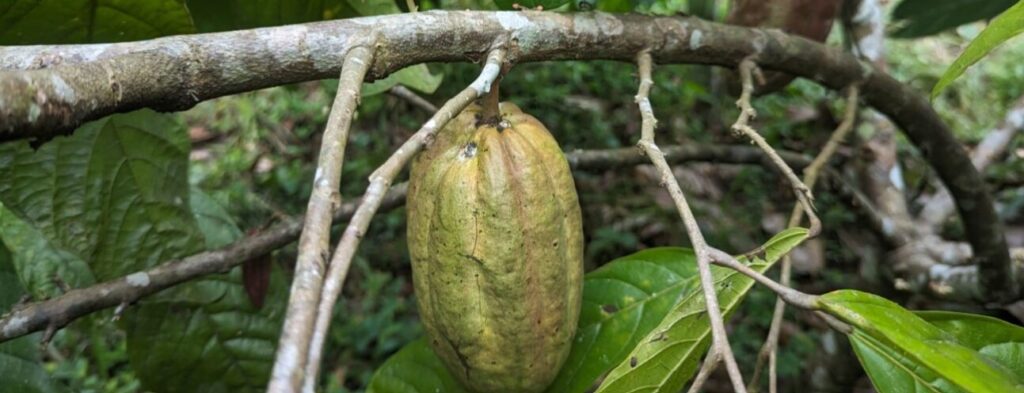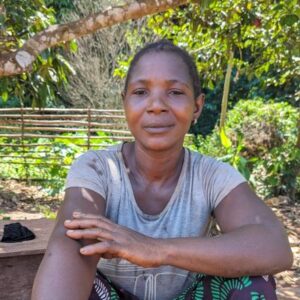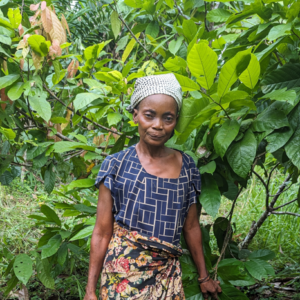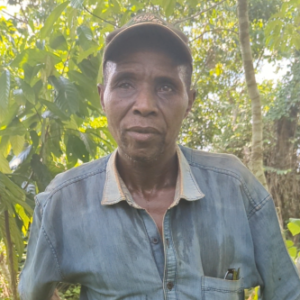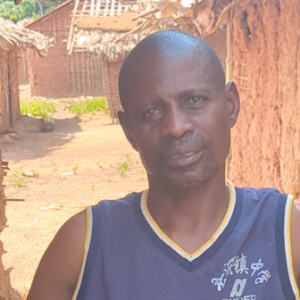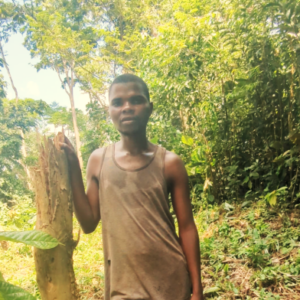DR Congo – In Bafwasende, an area in Tshopo province, Join For Water and its partners looked for an alternative source of income for residents in this stretch of rainforest. To avoid cutting down more trees for farmland, we introduced cocoa trees. Now cocoa is grown to the satisfaction of the farmers, even though it is an intensive activity.
Farmers highlight the benefits to soil fertility thanks to the shade provided by cocoa trees. Growing cocoa helps reduce soil erosion and runoff, thus maintaining surface water quality and groundwater levels. The trees also help water seep into the soil. Economically, selling cocoa provides a stable income that allows people to meet their needs and pay for school fees and medical care for their children.
In terms of environmental management, cocoa cultivation helps preserve forest biodiversity, unlike intensive monocultures on deforested soils.
This model of agroforestry, a combination of agriculture and forestry, inspires neighbouring communities to follow suit. But not everything runs smoothly, as this cocoa cultivation is extremely labour-intensive.
Read about it in the testimonials below. Pictures (c) Huguette Tabaro

